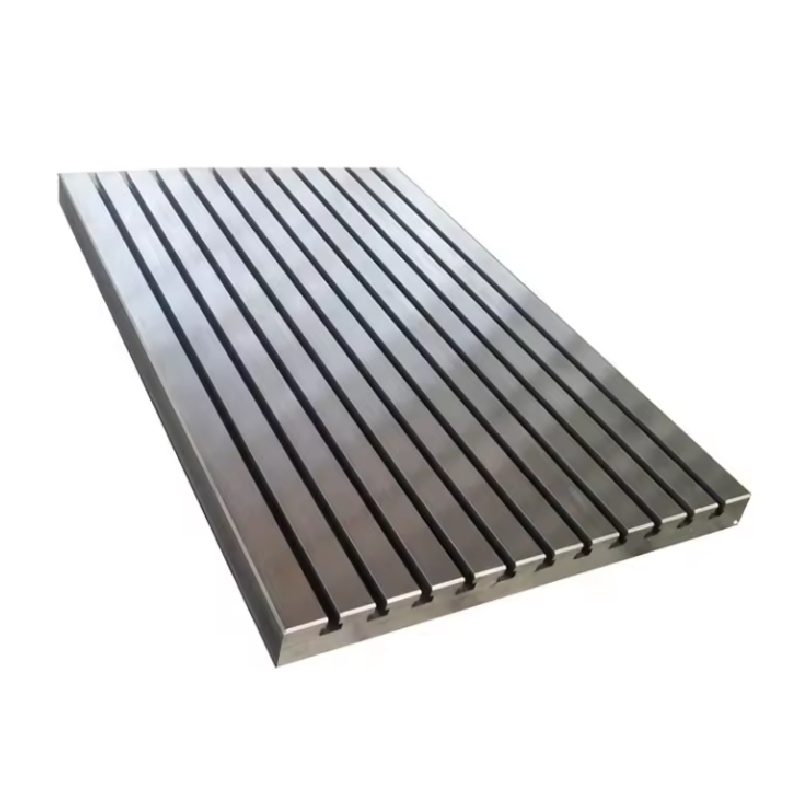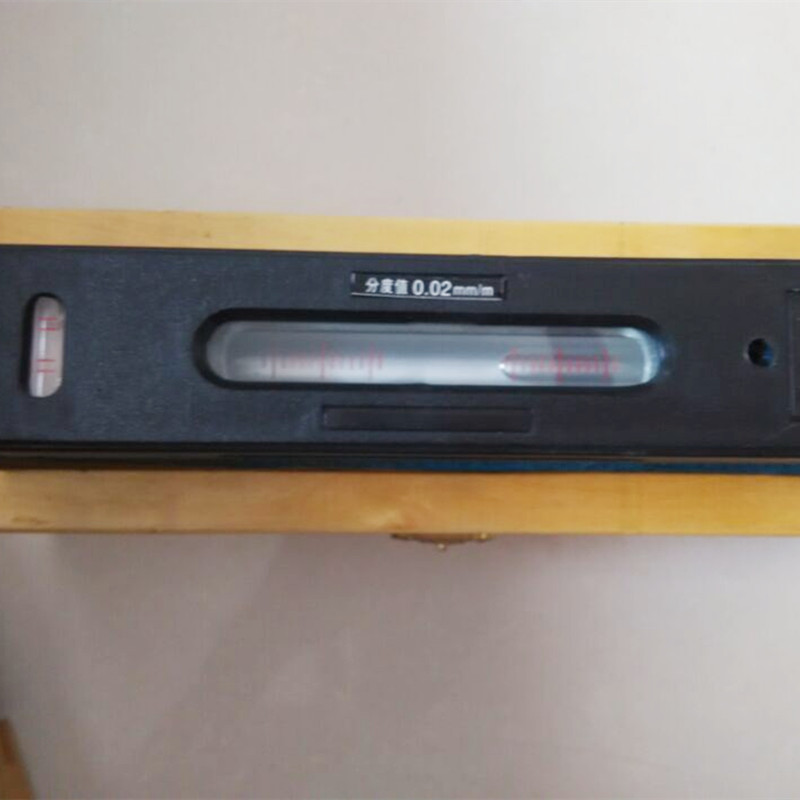Oct . 30, 2024 23:08 Back to list
water valves
Understanding Water Valves The Unsung Heroes of Fluid Control
Water valves may not be the most glamorous component in plumbing and fluid control systems, but their importance cannot be overstated. These devices play a crucial role in regulating water flow in residential, commercial, and industrial settings. In this article, we will explore the fundamental types of water valves, their functions, and why they are essential for efficient water management.
Types of Water Valves
Water valves come in various types, each designed to serve specific purposes. The most common types include
1. Gate Valves These are primarily used for on/off control. When fully opened, gate valves allow fluid to flow freely, with minimal pressure loss. They are not suitable for regulating flow as they are designed to be either fully open or fully closed.
2. Globe Valves Known for their excellent throttling capabilities, globe valves are ideal for applications where flow control is necessary. They feature a spherical body and can adjust flow infinitely between open and closed positions.
3. Ball Valves Recognized for their durability and tight sealing, ball valves employ a spherical disc to control flow. They can quickly open or close with a quarter-turn, making them highly efficient and reliable for both residential and industrial applications.
4. Check Valves These automatic valves prevent backflow in a system, ensuring that fluid only flows in one direction. They are critical for protecting pumps and other equipment from damage caused by reverse flow.
5. Pressure Relief Valves Essential for maintaining safety in pressurized systems, these valves automatically release excess pressure to prevent system failure or bursts. They are commonly found in water heaters and boilers.
water valves

The Role of Water Valves in Water Conservation
In an era where water conservation has become increasingly vital, water valves contribute significantly to efficient water management. By using high-quality valves, homeowners and businesses can control leaks and prevent wastage. For instance, a malfunctioning valve can lead to significant water loss over time, resulting in not only higher bills but also strain on local water resources.
Choosing the Right Water Valve
Selecting the right water valve involves considering several factors, including the type of fluid, pressure requirements, and desired control level. It’s also important to consider the material of the valve, as it should be compatible with the fluid being controlled to prevent corrosion and wear over time.
Installation and Maintenance
Proper installation and regular maintenance of water valves are crucial for ensuring their longevity and performance. Leaks, corrosion, and irregular performance are signs that it may be time for a replacement or repair. Regular inspections can catch issues early, preventing larger problems in the future.
Conclusion
Water valves are the backbone of any fluid control system, providing efficiency, reliability, and safety. While they may not receive the attention they deserve, their role in managing water resources, preventing wastage, and maintaining system integrity is invaluable. As we continue to prioritize water conservation in our everyday lives, understanding and properly utilizing water valves will be key to fostering sustainable practices for future generations.
-
Y Type Strainer Applications in Industrial Water FiltrationNewsJun.19,2025
-
Portable Welding Workbenches for On-Site ProjectsNewsJun.19,2025
-
Plug Ring Gauge Applications in Automotive Quality ControlNewsJun.19,2025
-
How to Calibrate a Precision Spirit Level for AccuracyNewsJun.19,2025
-
A Comprehensive Guide to Valve TypesNewsJun.17,2025
-
Precision Quality Control with Ring GaugesNewsJun.17,2025
Related PRODUCTS









